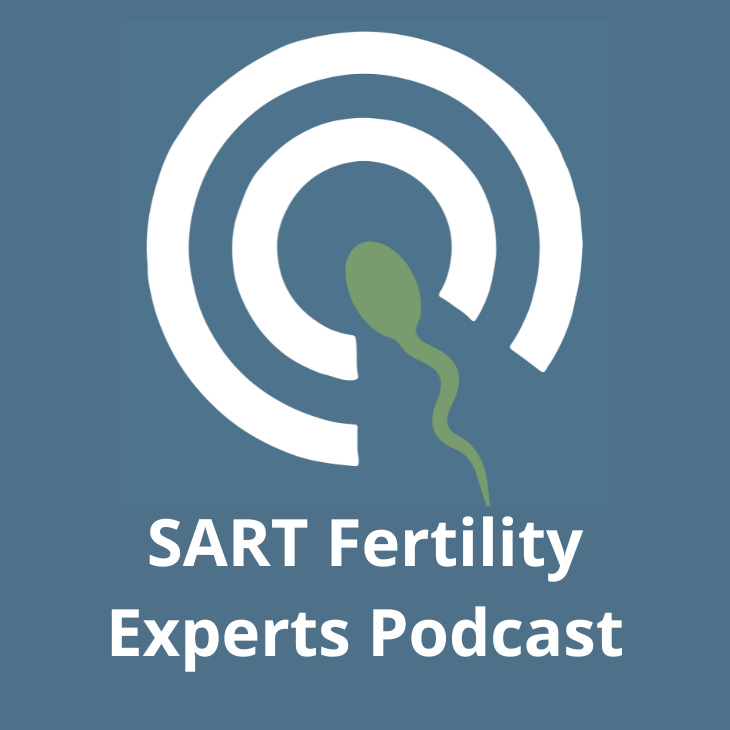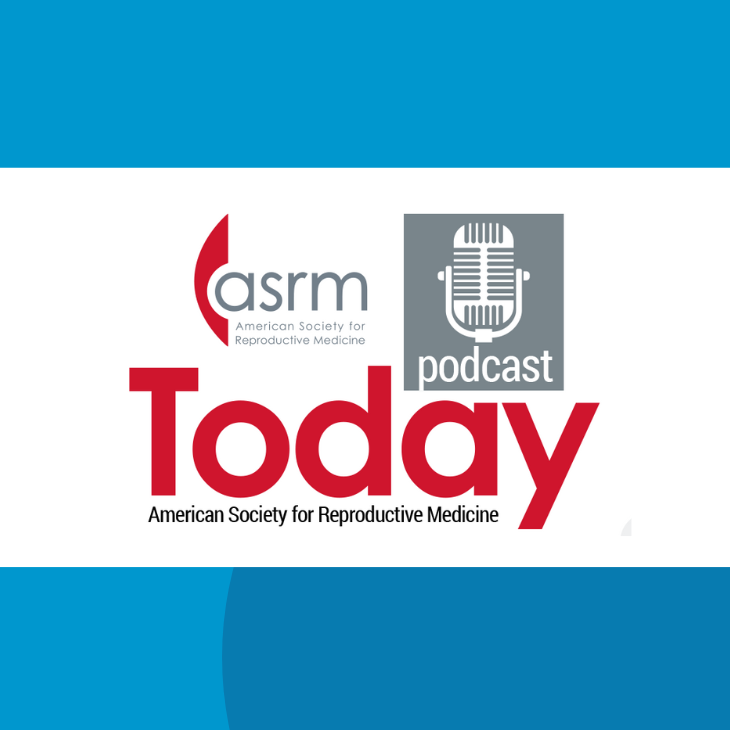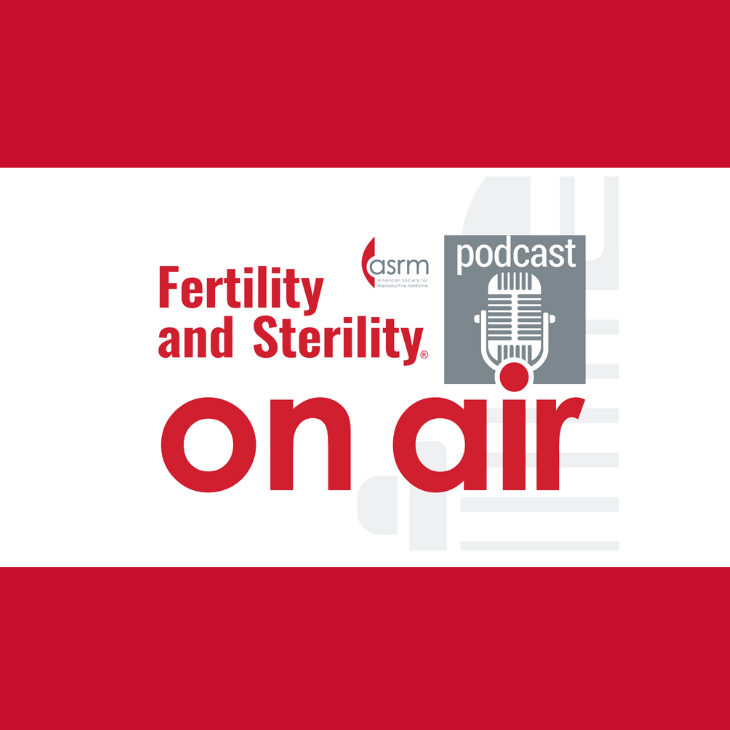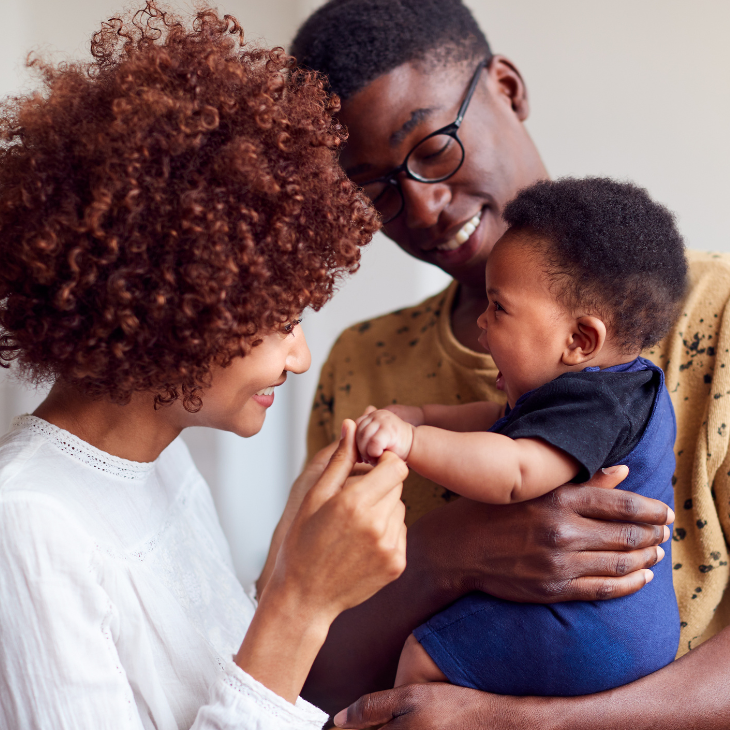SART Fertility Experts - Fertility and LGBTQ
In this episode, Dr. Daniel Grow interviews Dr. Mark Leondires, the founder and medical director of both the Reproductive Medicine Associates of Connecticut and of Gay Parents To Be. Dr. Leondires is board certified in Reproductive Endocrinology and serves as Chair of the ASRM’s LGBTQ Special Interest Group. He has worked with thousands of LGBTQ couples over the last 20+ years, and takes pride in leading his program to deliver compassionate and high quality care to all members of this community. His insights inspire REI physicians to treat all patients with respect and to highlight pathways to care for patients. This may be through therapeutic donor insemination or through IVF. He highlights the journey through counseling, egg or sperm selection choices, and treatment.
Find the #StartwithSART Fertility Experts series wherever you get your podcasts. Looking for advice on building a family? Ask the experts and #StartwithSART.
For more information about the Society for Assisted Reproductive Technology, visit our website at https://www.sart.org
Have a topic you'd like to hear? Tell Us!
Visit the podcast website and Start With SART!
For more information about the Society for Assisted Reproductive Technology, visit our website at https://www.sart.org
Have a topic you'd like to hear? Tell Us!
Subscribe to the SART Fertility Experts Podcast on iTunes, Spotify, Google Play, or your favorite Podcast catcher.
Visit the podcast website and Start With SART!
SART Fertility Experts is part of the ASRM Family of Podcasts. Subscribe Now so you don't miss an episode!
SART Fertility Experts Podcast
SART Fertility Experts is an educational project of the Society for Assisted Reproductive Technology, this series is designed to provide up to date information about a variety of topics related to fertility testing and treatment such as IVF.
SART Fertility Experts - Global Access to IVF and the Status of Women
Around the world, there are vast differences in the number of IVF cycles performed per capita. Learn why these differences exist.
SART Fertility Experts - Racial Disparities in REI
Understand how racial disparities can affect access to infertility care and impact treatment outcomes for women of color.
SART Fertility Experts - Reproductive Challenges Facing the LGBTQ Community
In this episode Dr. Mark Trolice speaks with Stacy Stevenson and Robert Terenzio on the infertility challenges facing the LGBTQ community.
SART Fertility Experts - Environmental Impacts on Fertility
In this episode, the fertility experts discuss the impact of the environment, including air, climate, and chemical exposures on infertility.LGBTQIA
Find a Health Professional
Connect with reproductive medicine experts who will guide you through your unique journey. Our search tool allows personalized matches based on location, specialization, and expertise. Take control of your reproductive health with compassionate providers, innovative treatments, and unwavering support.
Search for an Expert













